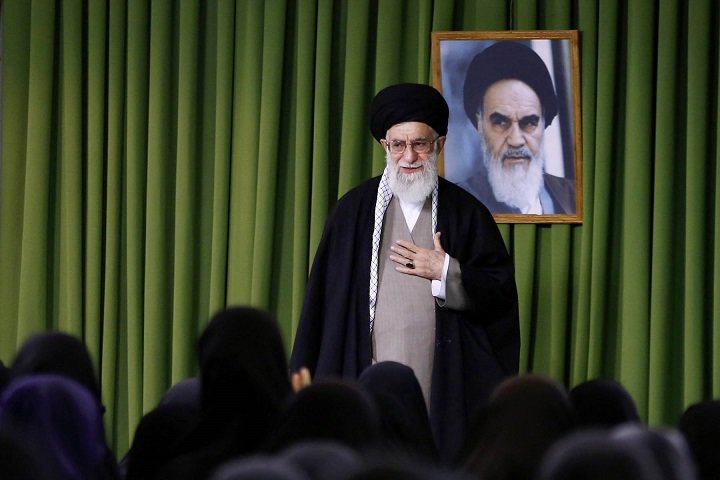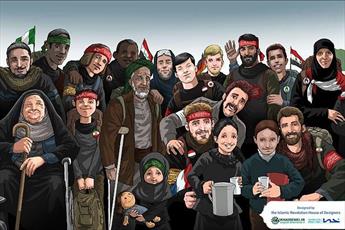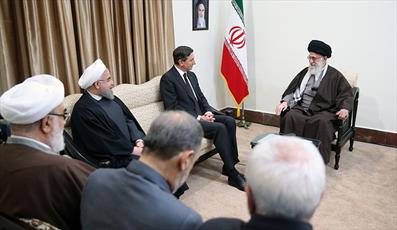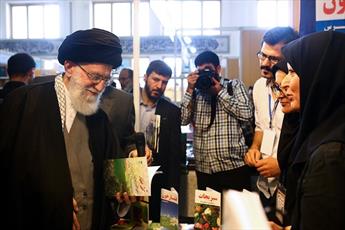Hawzah News Agency-On the International Day for the Elimination of Violence against women, Hawzah News publishes excerpts from Ayatollah Khamenei's statements on the status of women:
Islam has a very clear view of the family and women's position in the family environment. There is a narration by the Holy Prophet (s.w.a.) which says, "Women are the lord at home." The position of women in the family environment has been specified in the narrations of our infallible Imams (a.s.). "A woman is a flower and not a servant at home." Islam tells men, "The best of you are those who treat their wives best." These are the views of Islam, and there are many such views in Islam. However, practicing the Islamic view in the family environment is not possible through these narrations alone: it requires a legal guarantee and it is necessary to provide this guarantee. This has not been done over the past years. Faithful families and well-behaved and pious men have taken Islamic views into consideration. But in other cases, Islamic views have not been taken into consideration and women have been oppressed in the family.
Leader’s Speech to Prominent Iranian Women; May 22, 2011.
The typical image of women at home is the image of a creature of secondary importance who is responsible for rendering services to others. This image is shared by many people. Some people openly express it and some people do not, although they believe it in their hearts. This is the exact opposite of what Islam has mentioned. I have repeatedly quoted this well-known hadith: "Women are like flowers. They are not servants" [Nahjul Balaghah, Letter 31]. The Arabic word "ghahraman" means one's employee or servant. One example is: "He said to his ghahraman to do such and such a task" [Speaking in Arabic]. Another example is that a person who has many properties and lands orders his ghahraman to carry out such and such a task. This is the meaning of ghahraman. This hadith says that we should not think women are the servants of the house and that they should only do household chores. This is not the case. Well, notice that this is one of the several chapters about women: the issue of respecting women's work at home. They are not obligated to do household chores and their work can be bought. That is to say, they can receive money for the work that they do at home. These are the things which exist in Islam and Islamic fiqh. As the lady who delivered a speech in this meeting pointed out, our fiqh is really advanced and outstanding. Some people highlight some aspects of it and forget about the rest. Besides, they completely distort certain aspects of it in order to make it compatible with western deceitful and fallacious thoughts. We have witnessed this as well.
Apr 19, 2014.
It has been mentioned, from the Infallibles, that “the woman is like a flower." Now realize how oppressive and evil a man is who treats a flower violently, indifferently, while showing no appreciation for the woman's flowering delicacy. For example when they demand excessively from a woman; revealing they have illogical and undue expectations from a woman.
“The woman is a flower and not a chambermaid.” Chambermaid, in this instance, means one who takes care of all daily tasks. A woman is not responsible for a man's daily tasks, just so he may impose all tasks on her then hold her accountable. Not at all! She is a flower. Even if she is a scientist or a politician, when it comes to family affairs, she is a flower in her home.
September 18, 2000.








Your Comment